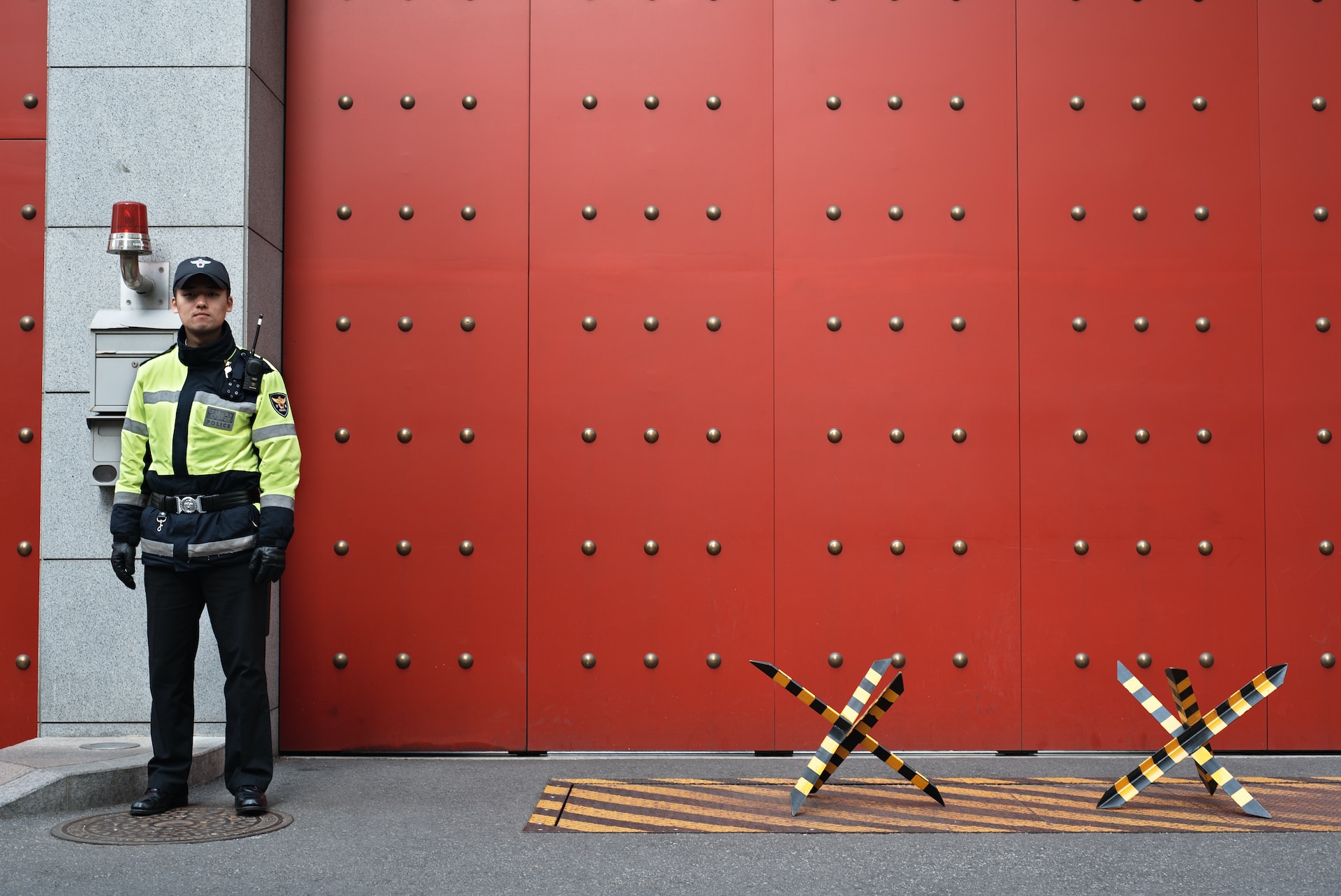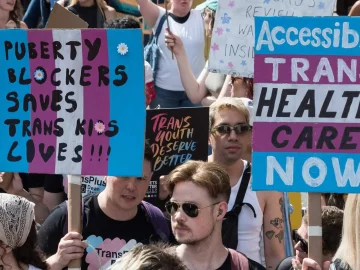In a move that has drawn international criticism and dismay from human rights activists, South Korea’s constitutional court has once again upheld its controversial military “sodomy law”. This marks the fourth time the law, which penalizes consensual same-sex relations among military personnel, has been upheld.
The Controversial Law
Article 92-6 of the military criminal act mandates a maximum of two years in prison for “anal intercourse” and “any other indecent acts” among military personnel. This applies even if the acts were consensual and took place while the personnel were on leave. The recent ruling in favor of this law was a close one, with a five-to-four vote.
Proponents of the law argue that it is necessary to maintain order within the military, asserting that the presence of many men in the armed forces increases opportunities for same-sex relations. They believe that the law acts as a deterrent to prevent same-sex assault and maintain the military’s combat readiness.
Activists and Rights Groups Respond
However, critics argue that the law is discriminatory, outdated, and serves no real purpose in a modern military setting. Lim Tae-hoon, leader of the Center for Military Human Rights Korea, labeled the decision “absurd, illogical, regressive and driven by prejudice.” He emphasized the global progress in the fight against discrimination in the past two decades, lamenting that the ruling showed no advancement in the mindset of the judges.
Amnesty International’s Boram Jang also expressed deep concern, highlighting the ruling as a “distressing setback in the decades-long struggle for equality in the country.” Jang called for the immediate scrapping of the law, pointing out that it reflects the broader prejudice faced by the LGBTQ+ community in South Korea.
A History of Controversy
The law has not only been a point of contention locally but has also drawn criticism from international human rights organizations and the UN human rights committee. Its ambiguous wording has led to its misuse to target and out gay soldiers, even in cases where no sexual act occurred.
In 2017, a controversial investigation was launched, which many rights groups labeled a “witch-hunt”. This investigation aimed to identify gay servicemen and led to the indictment of multiple soldiers. Moreover, in 2021, two soldiers faced criminal charges for a consensual act, with the court stating their actions “bordered on rape”. Such cases underscore the arbitrary and harmful application of the law.

In a significant contrast, South Korea’s supreme court has previously chosen to overturn convictions based on Article 92-6, further highlighting the divisive nature of the law within the country’s judicial system.
Additional Rulings
Alongside the military “sodomy law”, the constitutional court also upheld an article in the Aids prevention act that criminalizes the transmission of HIV infection. Enacted during the Aids panic of the late 1980s, this law has been criticized for stigmatizing individuals living with HIV or Aids, deterring them from seeking necessary care.
Rainbow Action, a coalition of LGBTQ rights organizations, expressed disappointment in the court’s rulings, emphasizing the court’s failure to protect minority rights. They affirmed that the battle for equality and justice is far from over.
In the face of such rulings, the global community watches closely, waiting to see how South Korea will navigate its complex journey towards inclusivity and human rights in the coming years.
©unitedradiance.org




